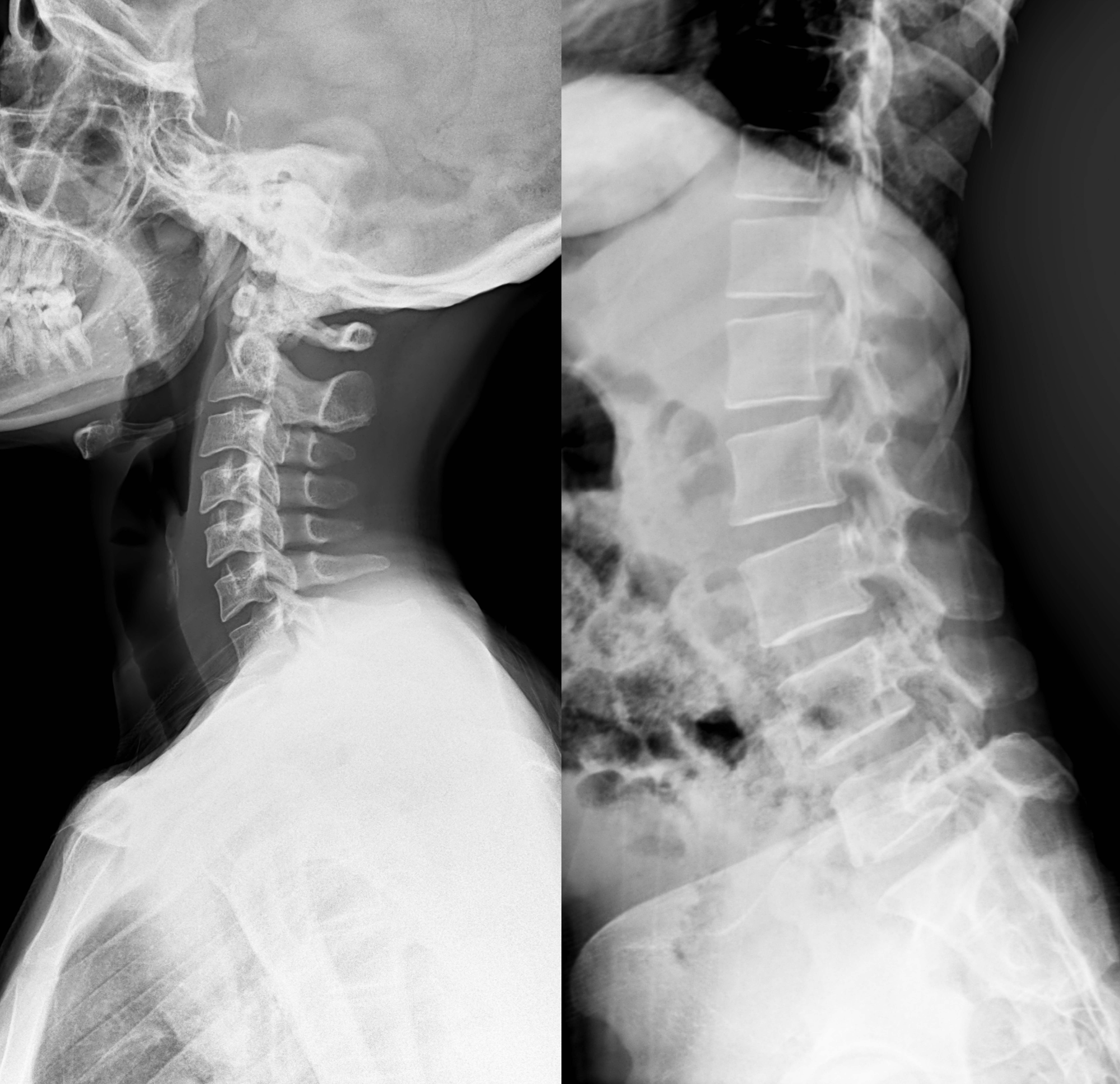Zilijifa
July 9–November 2, 2025
Vienna 1070
Austria
Hours: Tuesday–Sunday 10am–6pm
Thursday 10am–8pm
Kunsthalle Wien announces a major new exhibition by Ibrahim Mahama (b. 1987, Tamale, Ghana). Installed across the first floor of the Kunsthalle’s Museumsquartier building, the exhibition presents an entirely new body of commissioned work including sculpture, photography and video. Mahama draws upon the material legacy of colonialism, post-colonialism and industrialisation in Ghana. By collecting, preserving and creating access to objects, buildings and ephemera, his practice refers to histories that are inadequately documented.
Mahama’s exhibition at Kunsthalle Wien develops his research on the history of the Ghanaian railway network, first created under British colonial rule during the 1890s. It sees the fulfillment of a long-term aspiration to deconstruct, transport and exhibit a full-size diesel locomotive (one of several British- and German-built trains that Mahama has acquired since 2022). Initially constructed to connect the south of the Gold Coast (now Ghana) with other British colonies in the region, the railway was significantly diminished in the late 20th and early 21st century. The work focuses on the material degradation of the railway, deploying remnants of the line and rolling stock to illustrate the burdensome yet precarious nature of the colonial project. The mechanisms, vessels and networks employed in transporting goods and people are the starting point for a series of works that consider the act of loading, carrying and unloading weight alongside a more abstract notion of the weight of history.
The exhibition’s title plays upon words and phrases in Dagbani, a Gur language that is widely spoken in Tamale. Mahama associates of the word for ‘train’ (ziliji) with a phrase that refers to the act of carrying something on one’s head or transporting it in a vehicle (zi-ra) and the words for a load (zili), blood (zim) and the carcass of an animal (jifa).
It is Mahama’s first solo exhibition in Austria.
Limited Edition: Ibrahim Mahama has created a limited edition print as part of a new series of artists’ editions produced in support of Kunsthalle Wien’s programme. Quiet as it’s kept (2025) refers to the enamelled iron ‘headpans’ that are a commonplace vessel used in Ghana to carry goods and materials. Mahama amassed a collection of thousands for his exhibition, exchanging new for old and documenting the process with photography and video. For further information on Kunsthalle Wien’s editions, please contact shop@kunsthallewien.at.
Ibrahim Mahama (b. 1987, Tamale, Ghana) has held exhibitions at Kunsthalle Bern (2025); Fruitmarket, Edinburgh; Barbican Centre, London (both 2024); Kunsthalle Osnabrück (2023); Frac des Pays de la Loire, Nantes (2022); University of Michigan Museum of Art (2020); The Whitworth, University of Manchester; Norval Foundation, Cape Town (both 2019); Tel Aviv Art Museum (2016) and K.N.U.S.T Museum, Kumasi (2013). His work has also been exhibited at the Sharjah Biennial 15; the 18th Biennale Architettura, Venice; the 35th Bienal de São Paulo (all 2023); the Museum of Fine Arts, Houston (2021); Centre Pompidou, Paris; the 22nd Biennale of Sydney (both 2020); the 58th and 56th Biennale Arte, Venice (2019 and 2015) and Documenta 14 in Athens and Kassel (2017). He was the Artistic Director of the 35th Ljubljana Biennale of Graphic Arts (2023) and is the recipient of the inaugural Sam Gilliam Award from the Dia Art Foundation. Mahama lives and works in Accra, Kumasi and Tamale where he has founded several artist-led community initiatives including Savannah Centre for Contemporary Art (SCCA) in 2019, Redclay in 2020 and, most recently, Nkrumah Volini (all in Tamale).
Kunsthalle Wien is financed by Magistratsabteilung Kultur der Stadt Wien (MA 7). The artistic programme is also supported by the members and patrons of the Kunsthalle Wien Club.
Also on view:
Nicola L. (until September 14, 2025)
Nora Turato: Aaaaaaaaaaaaaaaaaaaaaaaaaaaaaaaaaaaaaaaaaaaaaaaaaaaaaaaaaaaaaaaaaaaaaaaaaaaa!!!!!! (until September 14, 2025)
Burn The Diaries, Read Them Out Loud. On annotating, editing and making text in contemporary art (until October 19, 2025)










